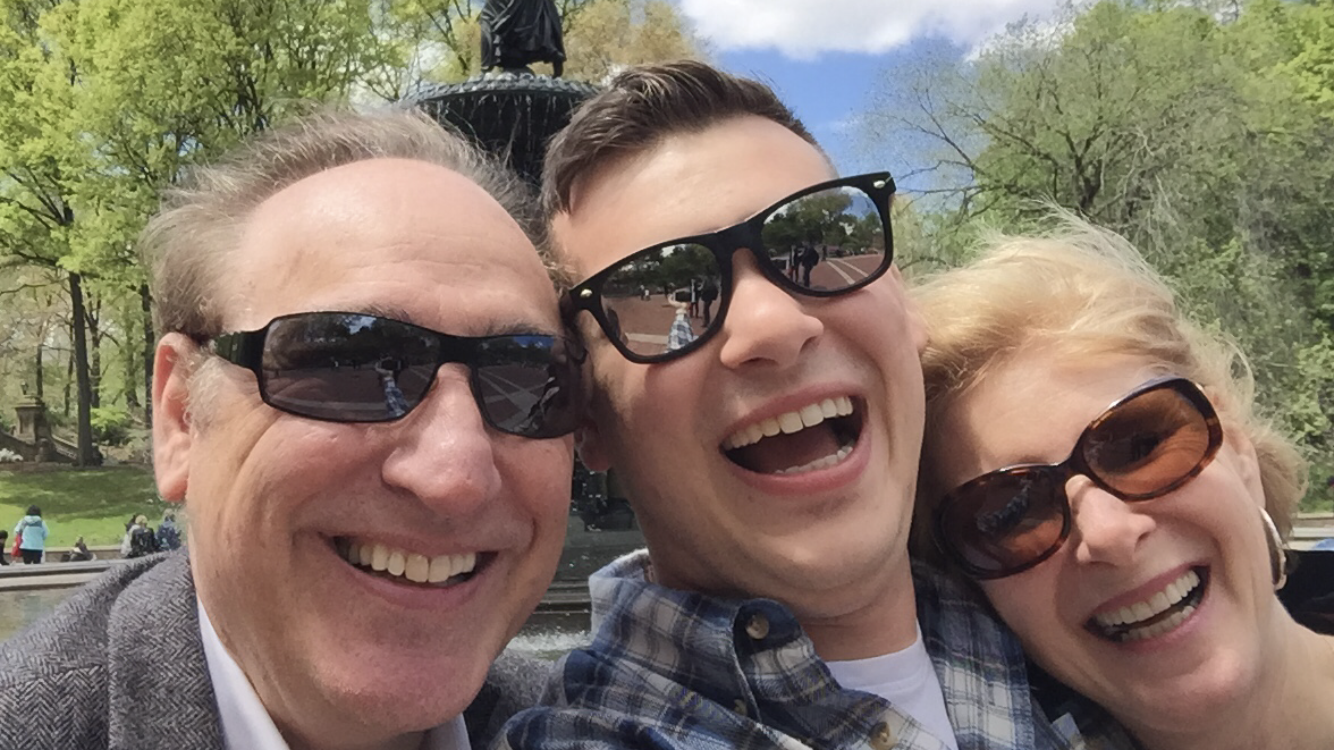Life as we know it is changing on an hour by hour basis. Between continual news updates on the worldwide spread of the Corona Virus, to social distancing, empty shelves of essentials in stores, and the closing of every place of entertainment from restaurants to movie theaters, we’ve never experienced any crisis of this magnitude in our lifetime. It feels like we’ve been dropped into an altered reality. We have.
I find myself worrying about losing my dearest loved ones, financial loss, and have terribly fearful images of life as I know it—gone. My thoughts are spinning out of control. This is not good, Gail, I think. I mentally shake myself awake and recognize, that though I can’t control Covid-19, I can control my response to it. I’m thinking of you, too, my dear friends. I’m hoping my coping mechanisms may be a support to you at this unpredictable time.
3 Simple Coping Mechanisms
One: I draw upon a technique I began using before the outbreak, from Michael Singer’s life-changing book, The Untethered Soul. He says we are not the voice in our head because we can observe ourselves speaking and emoting. So I say to myself when I begin angsting “Gail, you are not your thoughts, you are not your emotions. You are the Self behind your thoughts and your emotions.” I breathe a huge sigh and feel calmer as I detach from my fears, recognizing I am more. (Now all I have to do is say Self to shake myself out of obsessing thoughts and feelings.)
Two: A mantra I chant to myself comes from my dear friend, Jamie Sussel Turner’s book, Less Stress Life: How I Went From Crazed to Calm and You Can, Too. When I’m not reminding myself, you are the Self, I’m chanting, stay in play, stay in play. In her book, Jamie tells the story of how she is coping with her third bout of cancer (the previous scariest “C” word.) She compares managing stress to working the controls on a CD player. Jamie says, when under stress we revert to either rewind (ruminating on the past) or fast forward (catastrophizing and worrying about the future—which most of us are doing now.)
Instead she mentally imagines pressing the play button to stay in the present moment.
“When I don’t stay in play, I am robbing myself of joy. I don’t want to live in constant worry. I will stay in play so I can live my life of three months or thirty years with as much peace, love, and happiness as possible.” Her example inspires me to stay in play and live the blessings that are still present in this moment, even with the Corona Virus hanging over head.
Three: Another thing I’m doing is repeating my old standby affirmation that has helped me not only cope with stress, but return to my Self. I say in a low, soothing voice to actually feel the message, “I am centered, calm, relaxed, focused and peaceful.” Research shows that repeating positive affirmations of the reality we choose, as though it already exists, literally reshapes neural pathways in our brain. Use my affirmation if it sounds appealing, or create one of your own. The trick is to repeat it daily at the same time (awakening and going to bed are easiest times to remember) to absorb the impact of the words.
A Bonus: Connecting
Finally, now that so many of us are isolated at home and social distancing to prevent catching or spreading the Corona Virus, it’s a perfect time to connect with others via video chats. One of my dearest friends, Lynnie, lives in California. Gus and I were supposed to go out there to visit her at the end of February but cancelled our plans.
She called the other day. “I’m so sad, Gailie. Now we won’t be able to see each other for a long time.”
“Lynnie, whenever we’re together all we want to do is talk anyway. Let’s have Face Time dates with each other.”
And that’s what we’re doing. I’m planning to Face Time with most people now. Seeing their faces will feel more like we’re actually together, which is what we need to feel now more than ever.
Your Takeaways
Catch yourself when your thoughts or emotions begin spinning out of control. Awareness is the first step in self-management.
Create a mantra to snap yourself back to center such as Self or stay in play, or just ‘play’..
Create an affirmation of the reality you choose. It will bathe your mind in positivity. Say it daily and often to shift into the inner state you choose to be in.
Connect more than ever with everyone who has meant anything in your life. You will make them happy and you will be taking a proactive step to feel connected in this crazy time of isolation. Try video chatting to make it feel even more real!
Why not control what you can now and empower yourself!
I want you to know how much it means to me to have each and every one of you in my life. I feel deeply grateful knowing through my blog we can be connected in someway. Your comments that let me know how my message may have touched you, bring me great joy. I wish you complete safety, health and love not only at this perilous time, but always! Bless you and all your loved ones!




